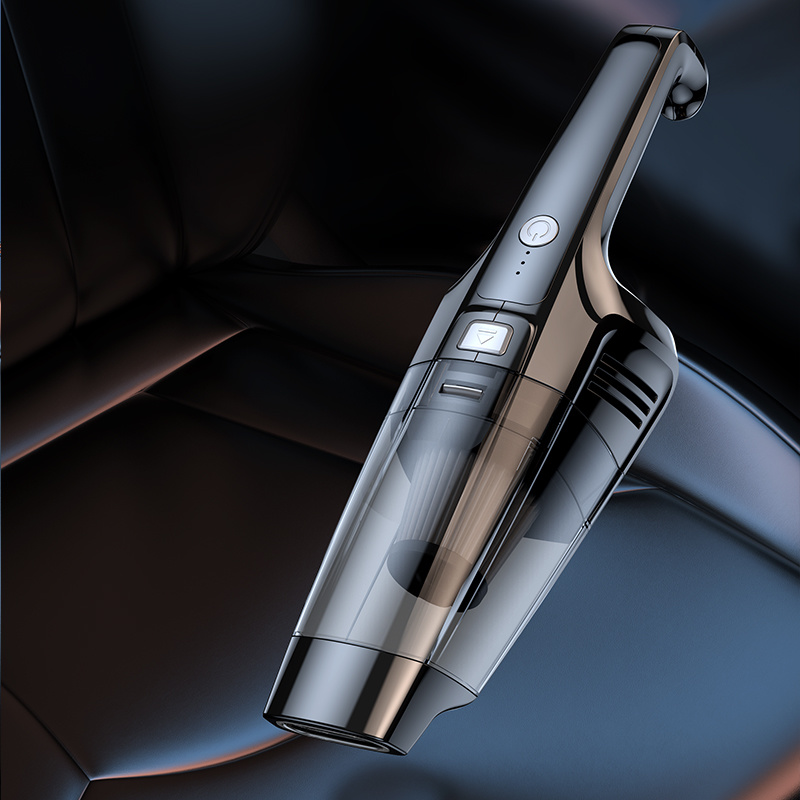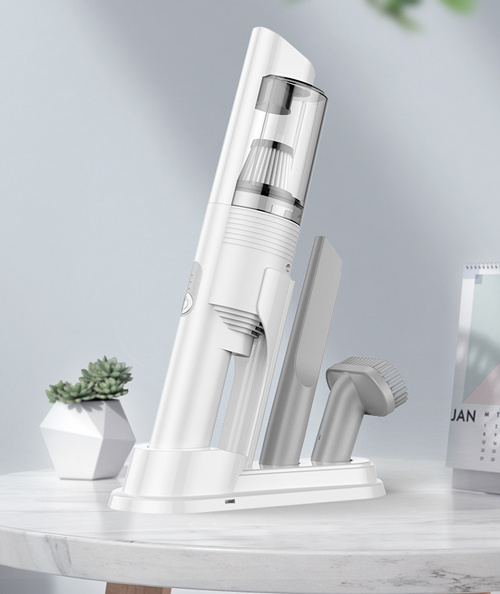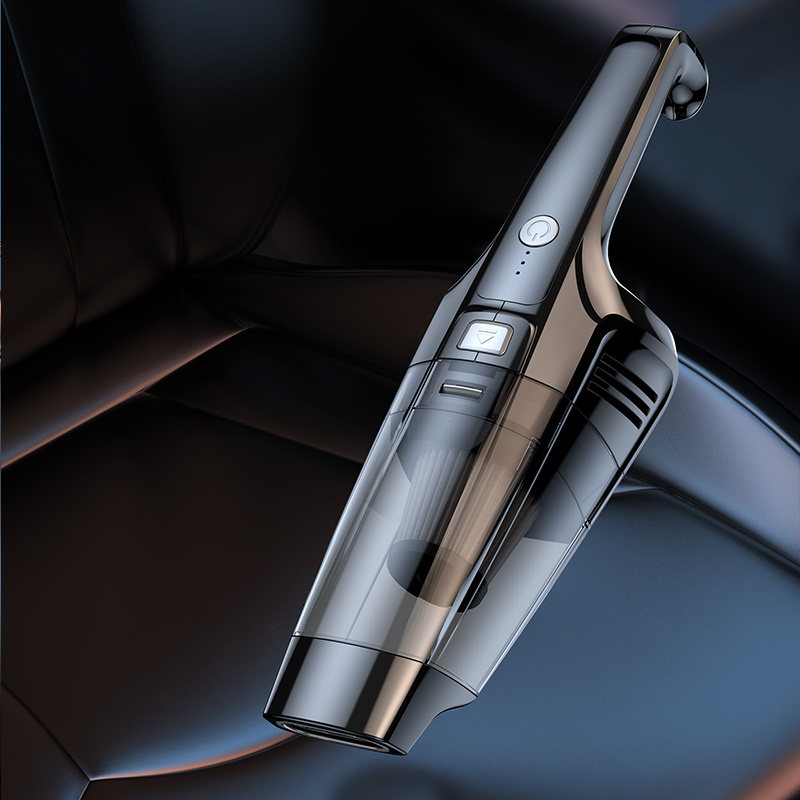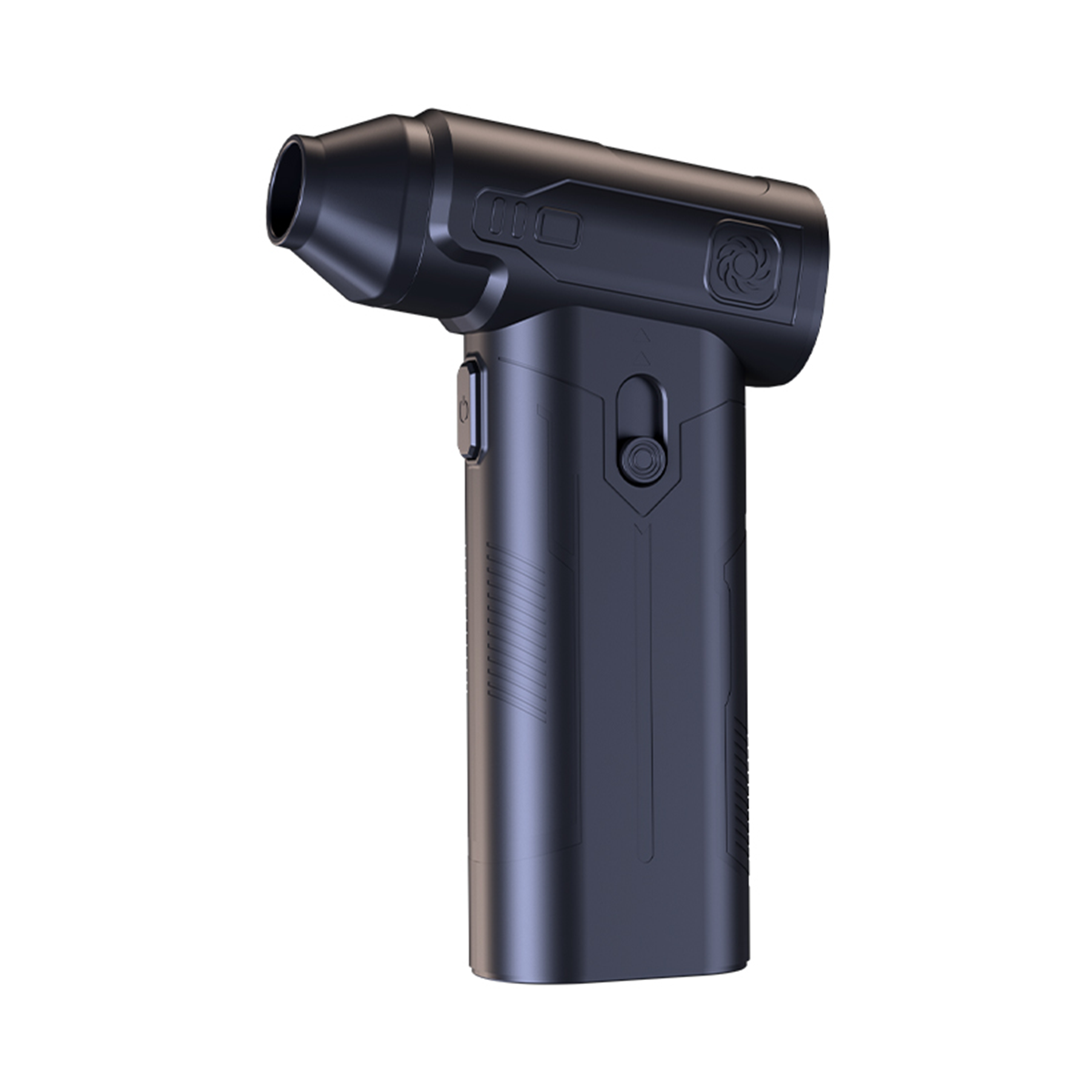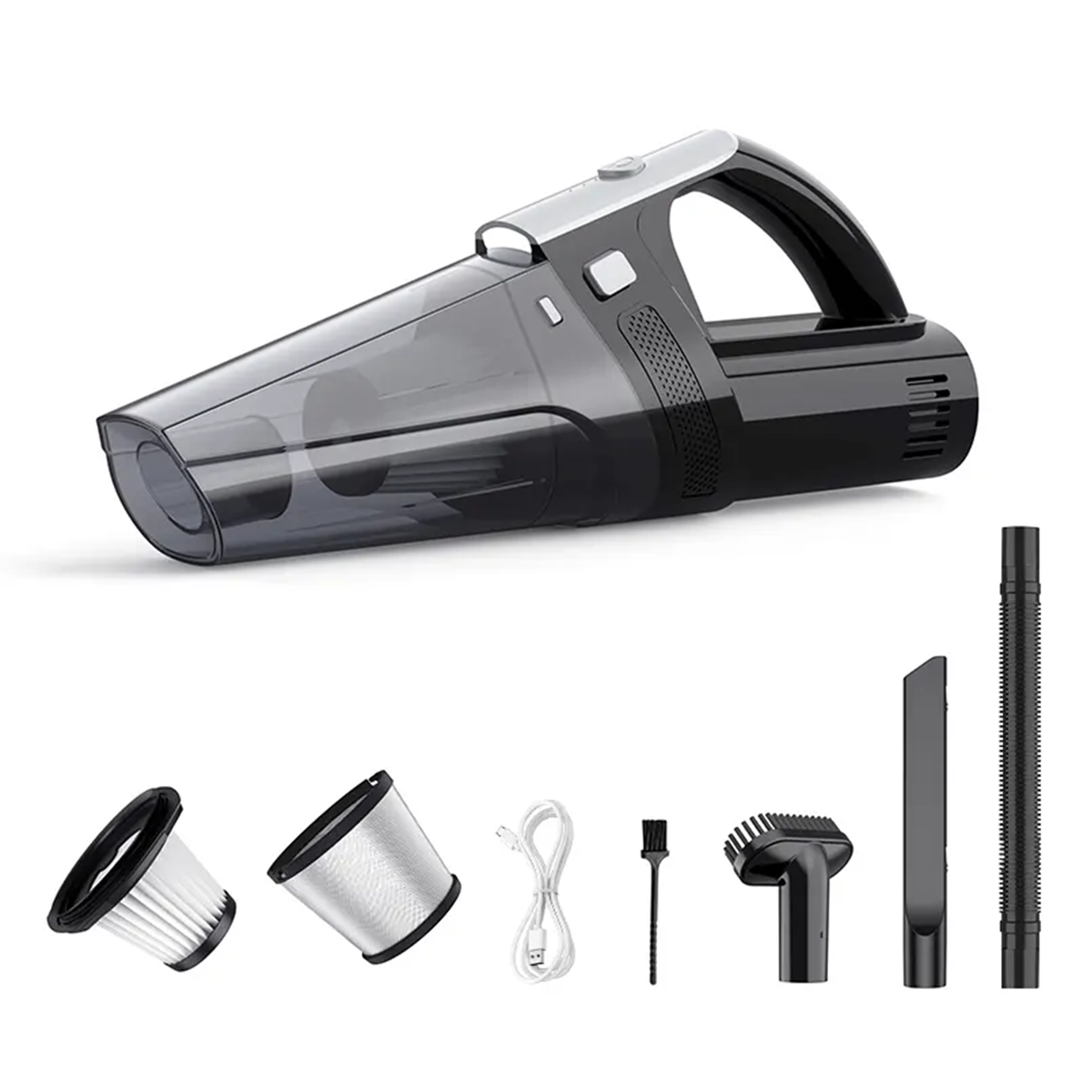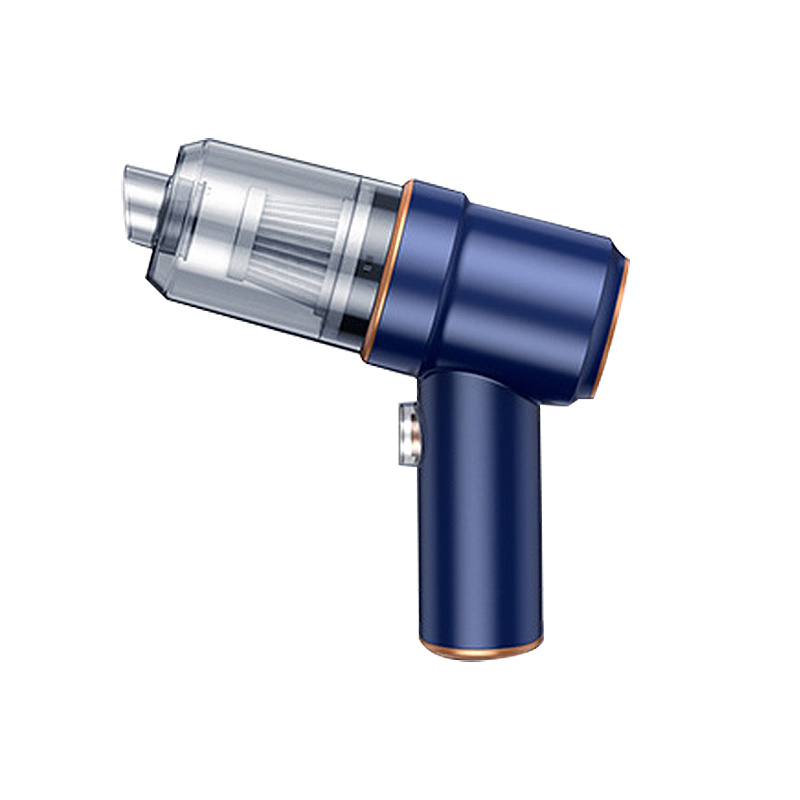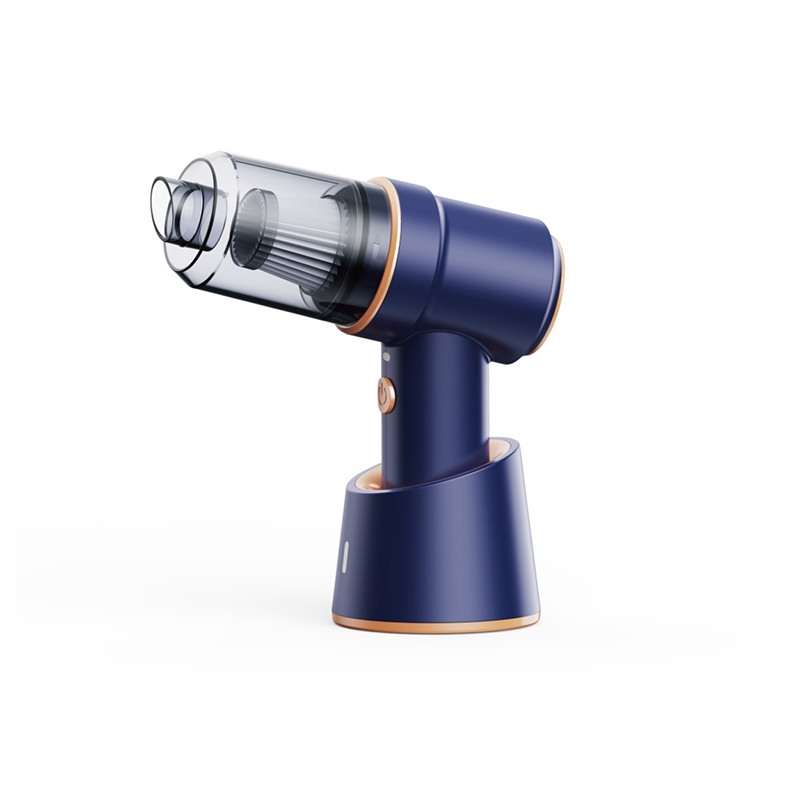The Cost-Effectiveness of Using a Brushless Car Vacuum Cleaner: A Comprehensive Guide
2025-07-09
The Cost-Effectiveness of Using a Brushless Car Vacuum Cleaner
In today’s fast-paced world, efficient cleaning solutions for our vehicles have become a necessity. As car owners, we seek products that not only guarantee spotless interiors but also offer cost-effectiveness over time. This is where brushless car vacuum cleaners come into play. In this article, we will delve into the cost-effectiveness of using a brushless car vacuum cleaner, highlighting the benefits, technology, and maintenance tips that make it a worthy investment.
Table of Contents
- What is a Brushless Car Vacuum Cleaner?
- Benefits of Brushless Motors in Vacuum Cleaners
- Cost Analysis: Brushless vs. Traditional Vacuum Cleaners
- Long-Term Savings with Brushless Technology
- Sustainability and Environmental Impact
- Choosing the Right Brushless Car Vacuum Cleaner
- Maintenance Tips for Brushless Vacuum Cleaners
- Frequently Asked Questions
What is a Brushless Car Vacuum Cleaner?
A brushless car vacuum cleaner is a modern cleaning device that utilizes advanced motor technology to enhance performance and efficiency. Unlike traditional vacuum cleaners that use brushes to rotate the motor, brushless models rely on electronic commutation. This results in reduced friction, improved energy efficiency, and minimal wear and tear, contributing to a longer lifespan.
Key Features of Brushless Car Vacuum Cleaners
- Higher Energy Efficiency: Brushless motors are designed to operate more efficiently, consuming less power while providing superior suction.
- Quieter Operation: These vacuums produce less noise compared to their brushed counterparts, making them ideal for use in residential areas.
- Durability: With fewer moving parts, brushless motors experience less wear, leading to a longer operational life.
- Consistent Performance: Brushless technology ensures stable power output, providing consistent suction and cleaning power throughout use.
Benefits of Brushless Motors in Vacuum Cleaners
Brushless motors are revolutionizing the way we approach vehicle cleaning. Below are some of the primary advantages of utilizing a brushless car vacuum cleaner:
1. Enhanced Performance
Brushless motors deliver higher torque and speed, resulting in powerful suction capabilities. This means more effective removal of dirt, debris, and allergens from the car's interior, ensuring a thorough clean in less time.
2. Lower Operational Costs
Although the initial investment in a brushless vacuum may be higher than a traditional model, the savings over time can be significant. With reduced power consumption and less frequent maintenance, users experience lower energy bills and longer intervals between repairs.
3. Environmentally Friendly
Choosing a brushless car vacuum cleaner contributes to environmental sustainability. These devices consume less electricity, reducing your carbon footprint. Additionally, their longer lifespan means fewer products ending up in landfills.
Cost Analysis: Brushless vs. Traditional Vacuum Cleaners
When comparing the costs of brushless and traditional car vacuum cleaners, it is essential to factor in both the initial purchase price and the long-term expenses, including maintenance and energy costs.
Initial Purchase Price
Brushless vacuum cleaners typically come at a higher upfront price point, ranging from $150 to $400, while traditional models fall between $50 and $150. This initial investment can deter some consumers; however, understanding the long-term savings can justify the expense.
Maintenance Costs
Traditional vacuum cleaners often require regular maintenance due to wear on brushes and motors. In contrast, brushless motors are more durable, resulting in lower maintenance costs. Users can expect a reduction in repairs and replacements, leading to financial savings over the vacuum's lifespan.
Energy Consumption
Brushless vacuum cleaners operate at higher efficiency levels, consuming less energy. For example, a traditional vacuum might use 1,200 watts, while a brushless model might only use 600 watts. This difference can lead to significant savings on energy bills over time.
Long-Term Savings with Brushless Technology
Investing in a brushless car vacuum cleaner can lead to substantial long-term savings through the following avenues:
1. Reduced Utility Bills
As previously mentioned, brushless models consume less energy. Over the course of a year, this can translate into savings ranging from $20 to $50, depending on frequency of use and local energy costs.
2. Extended Lifespan
Brushless vacuum cleaners are built to last. With proper care, these devices can function effectively for over a decade, whereas traditional vacuums may only last five to seven years. This longevity minimizes replacement costs, making brushless vacuums a more cost-effective choice in the long run.
3. Improved Resale Value
A well-maintained brushless vacuum cleaner retains its value better than traditional models. Should you decide to sell your vacuum, you may recoup a higher percentage of your initial investment, adding to the overall cost-effectiveness.
Sustainability and Environmental Impact
In an age increasingly focused on sustainability, brushless car vacuum cleaners represent an eco-friendly choice. Their energy efficiency reduces overall electricity consumption, which contributes positively to environmental conservation.
1. Less Waste
With their longer lifespan and fewer replacement parts, brushless vacuum cleaners generate less waste. Fewer products in landfills mean reduced environmental impact, making these vacuums a responsible choice for eco-conscious consumers.
2. Sustainable Materials
Many manufacturers prioritize using sustainable materials in the construction of brushless vacuum cleaners. By choosing brands that focus on eco-friendly practices, consumers can further their commitment to sustainability.
Choosing the Right Brushless Car Vacuum Cleaner
Selecting the ideal brushless vacuum cleaner involves evaluating specific features that cater to your unique cleaning needs:
1. Suction Power
Look for models with adjustable suction settings to tackle both lightweight debris and more stubborn dirt.
2. Battery Life
If opting for a cordless model, consider the battery life and charging time. A powerful vacuum should provide sufficient runtime for complete vehicle cleaning.
3. Attachments and Accessories
Evaluate the available attachments. Specialized tools for hard-to-reach areas, upholstery, and crevices can enhance your cleaning experience.
Maintenance Tips for Brushless Vacuum Cleaners
To maximize the lifespan and efficiency of your brushless vacuum cleaner, follow these essential maintenance tips:
1. Regular Cleaning of Filters
Check and clean or replace filters as needed to maintain optimal suction performance.
2. Inspect Hose and Attachments
Periodically check hoses and attachments for blockages or damage to ensure consistent performance.
3. Store Properly
Store your vacuum in a dry, cool place to prevent damage and extend its lifespan.
Frequently Asked Questions
1. Are brushless car vacuum cleaners worth the investment?
Yes, the long-term savings in energy and maintenance costs make brushless vacuums a cost-effective choice.
2. How often should I clean the filters in my brushless vacuum?
It’s recommended to check the filters monthly and clean or replace them as needed for optimal performance.
3. Can brushless vacuum cleaners handle wet debris?
Not all brushless vacuums are designed for wet debris. Check the product specifications before use.
4. How do I extend the lifespan of my brushless vacuum cleaner?
Regular maintenance, proper storage, and following the manufacturer’s guidelines will help extend its lifespan.
5. Can I use a brushless vacuum cleaner for household cleaning?
Absolutely! Many brushless vacuum cleaners are versatile and suitable for both vehicles and home use.
Conclusion
In conclusion, the cost-effectiveness of using a brushless car vacuum cleaner is evident through its superior performance, lower operational costs, and environmental benefits. By investing in this advanced technology, car owners can enjoy a pristine vehicle interior while reaping long-term financial savings and contributing to sustainability. When considering your next vacuum cleaner purchase, choosing a brushless model is a step toward a cleaner, more efficient future.
Related news
Car Vacuum Cleaner with Strong Suction Power
2025-07-08

